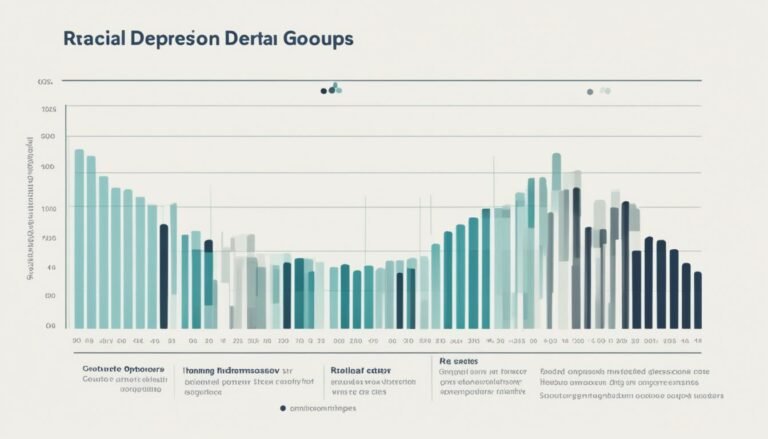Understanding and Overcoming Social Anxiety Disorder
Introduction to Social Anxiety Disorder
Social anxiety disorder, also known as social phobia, is a mental health condition characterized by excessive fear of social situations and interactions. This fear is so intense that it interferes with daily activities and can cause significant distress.
Symptoms of Social Anxiety Disorder
The symptoms of social anxiety disorder can vary in severity and frequency, but common symptoms include:
- Intense fear of being judged or embarrassed in social situations
- Physical symptoms such as sweating, shaking, and rapid heartbeat
- Avoidance of social situations
- Thoughts of being watched or evaluated
- Trouble making and maintaining relationships
Causes of Social Anxiety Disorder
The exact cause of social anxiety disorder is not yet known, but research suggests a combination of genetic, environmental, and psychological factors can contribute to its development.
Effective Treatments for Social Anxiety Disorder
Treatment for social anxiety disorder can be very effective, with the most common treatments including:
- Cognitive behavioral therapy (CBT)
- Exposure therapy
- Medications, such as selective serotonin reuptake inhibitors (SSRIs)
- Group therapy
It’s important to work with a mental health professional to find the best treatment plan for your individual needs.
5 Frequently Asked Questions about Social Anxiety Disorder
- What is social anxiety disorder? Social anxiety disorder is a mental health condition characterized by excessive fear of social situations and interactions.
- What are the symptoms of social anxiety disorder? The symptoms of social anxiety disorder include intense fear of being judged or embarrassed in social situations, physical symptoms such as sweating and shaking, avoidance of social situations, and trouble making and maintaining relationships.
- What causes social anxiety disorder? The exact cause of social anxiety disorder is not yet known, but research suggests a combination of genetic, environmental, and psychological factors can contribute to its development.
- Is there a cure for social anxiety disorder? There is no cure for social anxiety disorder, but treatment can be very effective in managing the symptoms and improving quality of life.
- How is social anxiety disorder treated? Treatment for social anxiety disorder can include cognitive behavioral therapy, exposure therapy, medications, and group therapy. It’s important to work with a mental health professional to find the best treatment plan for your individual needs.




